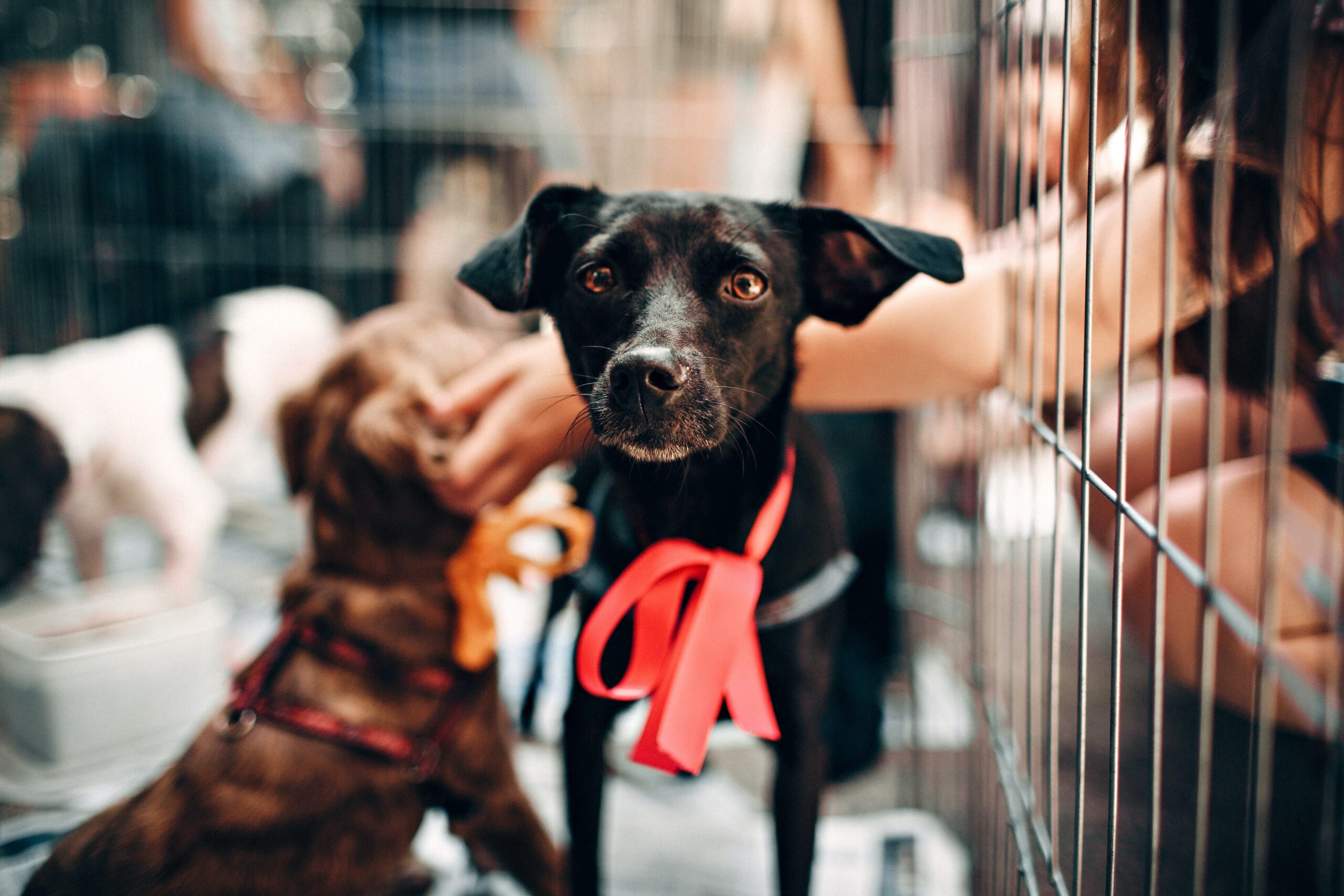
The occurrence of climate change has a direct and indirect impact on the health and hygiene of street animals. Changes in rainfall patterns, geographical redistribution of pests, and altering patterns of drought and flooding have brought about a range of physiological changes in the health of street animals. Because of the fact that they are highly exposed to the wrath of natural disturbances, a decreased immune response and a relatively higher mortality rate are happening within their communities. A range of non-infectious and infectious diseases is observing with street animals, such as Canine Distemper, Rabies, Parvovirus, and Tick-borne diseases. Lack of care and fostering increases the potential of the animals to acquire such diseases, decrease their immunity, and spread the same to the ones in close proximity.

The vulnerability of street animals to the toils and turmoil of nature has been denoted to be a vital factor in inducing a lower rate of survival. Natural calamities have also decreased the potential of human aid to reach the street animals. For example, during the outbreak of Covid-19, there had been a major blockage of the supply chain in food for the street animals. The disrupted ecosystem increases the potential of the street animals to fall sick from malnutrition, acquire diseases easily from their neighboring animals, and ultimately die at a younger age.
Need of quality treatment
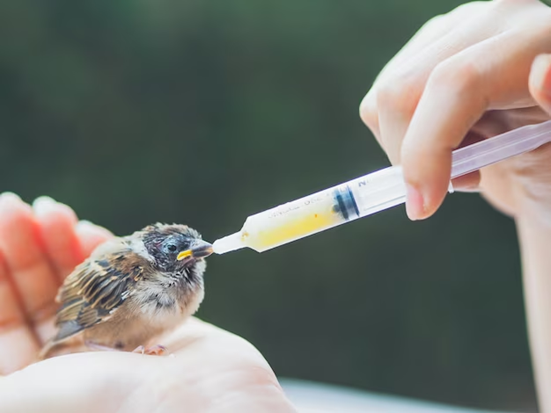
From the money collected by the food manufactured, we have increased the overall quality of feed to the street animals. We, at Arbor for the voiceless, have increased the number of meals provided, and brought a larger number of street animals under our niche. For the overall improvement of the health and hygiene of the street animals, we have inculcated vaccination strategies. Medications for the deworming of the animals, routine check-ups for ticks, and vaccination of the diseased ones is taking care of. Vaccines such as Canine Parvovirus, Hepatitis, Rabies antivirals, and others are keeping in store for street dogs. FVRCP, or feline distemper, and FeLV for felines, are the major vaccines that we provide to stray cats. ND and IB Vaccine, Avian Infectious Bronchitis Vaccine, Fowl Pox Vaccine, and similar others are helpful for birds and other fowls.
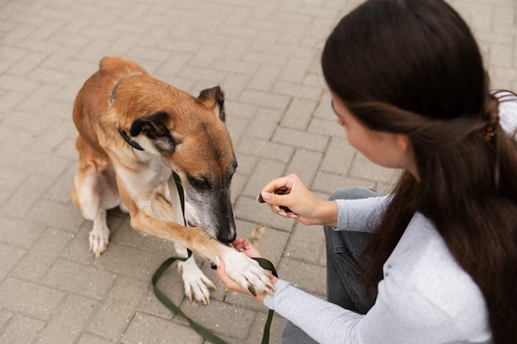
In addition to such, hygienic disposal of the animals who have passed away, by contacting the local authorities has also been a major chore for our organization. Sterilization of cats and dogs, who have passed through four phases of their gestation, has also been induced. Such a condition helps to bring down the mortality rate and improve the health of the mothers. With the help of such means, we have brought about a proper biosecurity plan for investing in street animals. This has not only been effective in decreasing the overall mortality rate of the animals but has also reduced the transmission of diseases to their counterparts.
#petfood #animalhealth #streetanimals #pandemic #petshelter #animalshelter #homeless #animaldiseases #veterinary

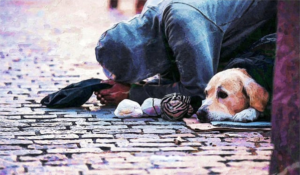
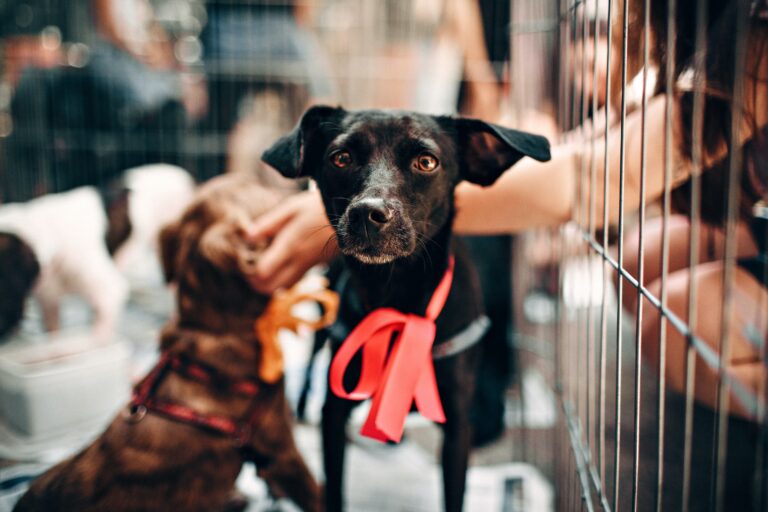
+ There are no comments
Add yours